When it comes to preparing for disasters, especially long-term economic disasters where paper currency either loses its value or becomes completely unusable, bartering is a preparedness skill that could come in very handy. Those who like to dicker and know how to negotiate are going to have a valuable skill that helps ensure their ability to thrive in a post-collapse world.
While some may dismiss the need for stocking up on goods for trade, a quick look back at our history will show you the very real value of being able to barter during times of crisis. In fact, it wasn’t long ago that people in this country got by simply bartering for goods in their local communities. And during the Great Depression, essential items became more valuable than the currency itself.
The History of Bartering for Goods: The Great Depression is a Great Example of Why Bartering is a Necessary Post-Collapse Skill.
The history of bartering systems can be traced back to biblical times. In fact, numerous passages mention people trading things like livestock in exchange for food or other services.
Genesis 47:17
So they brought their livestock to Joseph, and Joseph gave them food in exchange for the horses and the flocks and the herds and the donkeys, and he fed them with food in exchange for all their livestock that year.
But in terms of bartering during times of crisis, there is no better recent example than that of the Great Depression.
During the Great Depression, a great number of American families relied on the barter system to pay their bills, feed their families, and survive. While some bartered goods, others who had valuable skills to offer traded their knowledge and their time.
But if the 1930s is too far back for you, and you believe something like that could never happen in today’s society, just take a look at what has been going on in Venezuela over the last decade.
In the hyperinflationary South American country, where their currency is extremely unstable and scarce, many have reverted to a barter economy. Paying for even the cheapest goods literally requires piles of banknotes, of which there simply aren’t enough circulating. It’s estimated that hyperinflation in the country has reached 42,000%.
Once one of most prosperous Latin American counties, socialist policies have transformed Venezuela into an apocalyptic-style, dystopian novel.
To survive, businesses have started trading their services for things like loaves of bread and canned goods. People have even started private Facebook groups to barter goods with others in their country and have taken to various social media channels using the hashtags #Trueque (barter/exchange) and #Vzla to find others to trade with.
Survival Bartering: Trading your Way through a Long-term Disaster or Economic Collapse
If you’re fully stocked and prepared to survive, then you need to put some serious thought and effort into stockpiling some popular bartering items for those times when paper currency becomes worthless.
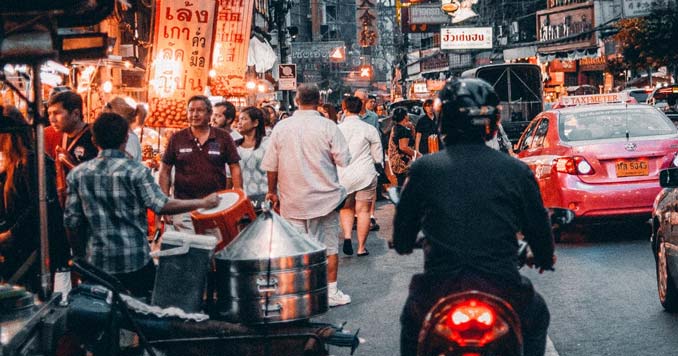
What are the best bartering goods to stock up on before things go bad?
What bartering supplies you choose to start stockpiling will depend on the situation you’re planning for; but in general, the following items will all probably be in high demand after a total collapse situation:
Water Purification Supplies
Most people don’t realize how hard finding clean drinkable water will become in a post-collapse situation. When the water treatment plants stop running, people are going to be scrambling to find a way to purify their drinking water. Iodine tablets, bleach, water filters, canteens, and even cooking pots will all be needed and in very high demand.
Guns, Ammunition and Firearm Accessories
1 out of every 3 Americans owns a gun, but how many of these gun owners stockpile an adequate amount of ammunition? After the economic collapse in 2008, ammunition became very scarce. Some types of ammunition, specifically .22lr, were impossible to find, and those that had it were selling it for 10-20 times its original price.
During a long-term disaster or collapse, ammo is going to be a highly sought after and will quickly become a very popular barter item. I recommend stocking up on calibers that you actually use, followed by the most common calibers (.22lr, .223, 9mm, .45, 30-06, 12ga, & .308)
If the SHTF, those two out 3 Americans who don’t own guns are going to be wishing, they did. That means guns and firearm accessories are going to be in high demand. From people looking for parts to repair broken guns, to those who are currently anti-gun and will quickly change their position when the chaos hits, I can almost guarantee that firearms will become one of the most wanted items after a collapse. Even pellet guns might be good items to stock up on; They’re cheap, easy to find, and would be easier to part with.
Livestock: Backyard Chickens and Rabbits
Backyard chickens and rabbits can be excellent for bartering, as they provide a variety of benefits that are highly valued by others. rom fresh eggs and meat to pest control and fertilizer, keeping chickens in your backyard can offer various items that can be used for bartering and trading with others in your community.
Alcohol: It’s always a Top Bartering Product
The history of using alcohol as a bartering tool is long and complex and dates back probably to the beginning of alcohol itself. For early American moonshiners, making and selling alcohol wasn’t a hobby; it was how they survived.
Let’s not beat around the bush here; during hard times there is always a market for alcoholic beverages. And during an apocalyptic SHTF scenario, there’s going to be a huge number of people who will want to drink their sorrows away. Hard liquors like Whiskey and Vodka are going to be the best option because of their long shelf life.
Medications & Medical Supplies
Almost half of all Americans are currently taking at least one prescription medication. In a post-apocalyptic world, prescription medications will be another highly sought-after item. From people who need to treat life-threatening illnesses with antibiotics, to those that will just want to forget everything that’s happening and dull their senses, medications will be worth their weight in gold.
Check out our list of top medical supplies; everything on the list will be helpful in a barter economy.
Food & Water
This category is really a no-brainer. During a long-term crisis, food and water will be the most traded items on the market. Historically, these are some of the most-values items for trade:
- Canned goods: Vegetables, fruits, and meats
- Beans: These are relatively cheap and are a great long-lasting item to store.
- Rice: You want to go with white rice because brown rice goes rancid after six months.
- Flour and baking goods like cornstarch, baking soda, baking powder, etc..
- Sugar, Honey, and Spices
- Cooking oils
- Powdered milk and powdered
- Popular Snacks and Candy: I know this is just a movie, but for those who have seen Zombieland, do you remember how obsessed Tallahassee becomes with finding a Twinkie? People are going to want comfort foods and things that take their minds away from trouble!
- COFFEE!!!!
Check out our list of some of the most important foods to stockpile. These will all be in high demand and are all good items to start stocking up on before things go bad.
Non-Food Barter Items
- Toiletries: Toilet paper, toothpaste, soaps, and hygiene products.
- Batteries: I would stockpile batteries like crazy, especially rechargeable, AA and AAA varieties.
- Lighters and Matches: I would also add things like candles, camp stoves, and oil lamps to this category.
- Fuels: Propane, butane, and other long lasting fuel.
- Flashlights: When the grid goes down this is a no-brainier.
- Leisure: Playing cards, dice, books and board games.
- DIY Duct Tape and WD-40: I would also add items like JB weld, glues and adhesives, and other DIY construction and home/vehicle repair tools.
Skills, Tools & DIY Knowledge
Having a good stockpile of tools, combined with the knowledge of how to use them, is not only a sound investment but can also ensure you have a method for generating income when things go bad. If things ever completely collapse, those who can fix things are going to be some of the most sought-after people in the new economy.
Plumbers, carpenters, and handymen are all going to be able to trade their services for almost anything they need. That means the best thing you can do to ensure your survival is to start learning skills that will be important during a collapse.
The great thing about this category is you’re not giving away anything that you might need in the future.
Never barter with something that you may need.
Tips on starting a Local Bartering Network
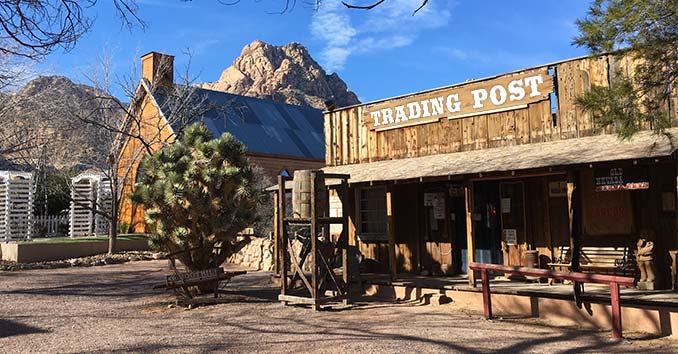
During an all-out economic collapse or breakdown in government, traditional currency may lose its value very quickly, making it incredibly difficult for people to obtain the goods and services they need to survive. This is where knowing how to barter may become a lifesaving survival skill. If you’ve never had to barter or haggle with someone, head out to some local garage sales this weekend and try it – just like any other survival skill, it gets easier with practice.
Here are some tips on bartering for trading goods and services during a SHTF collapse or crisis.
Identify your skills and resources: Before getting started in bartering, you need to know what you have to offer – these can be goods or skills that may be valuable to others. Make a list of your skills, such as carpentry, sewing, fixing vehicles, cooking, or gardening. Then, list your resources, such as food, water, medical supplies, fabric, or tools.
Find potential trading partners: Don’t wait till things go bad; you can get started now! Reach out to people in your community or online who may be interested in bartering. You can post on social media groups, join local prepper groups, or attend events where preppers and hagglers attend. Look for people who have skills and resources that you may be lacking.
Set up a trading network: Once you have a group of potential trading partners, set up a network where you can communicate and make these trades. This can be a social media group, a forum, or even better, a physical meeting place where the government or other troublemakers can’t watch your every move. Make sure that everyone is clear on the rules of the barter system and that there is a system in place for resolving disputes.
Determine the value of goods and services: Without a traditional currency, it can be challenging to determine the value of goods and services. One way to do this is to assign a point system where each skill or resource is assigned a point value. For example, an hour of carpentry work may be worth two points, while a gallon of water may be worth one point. This way, people can trade goods and services of equal value.
Be flexible: People’s needs and resources will quickly change in a crisis. So be willing to be flexible and adapt to changing circumstances. For example, if someone needs medical supplies but doesn’t have anything to trade, you may be willing to offer them in exchange for something else down the line.
Build trust: Bartering relies heavily on trust between trading partners. Be honest about the quality and value of your goods and services. Follow through on your commitments and don’t try to take advantage of others. Building trust in your trading network can help ensure the success of your barter system.
While bartering may become a real part of life in a post-disaster world, you really need to consider what items you can and can’t do without. That means when it comes to bartering, the only thing you should be trading are items that you have a surplus of or items that you are sure you won’t need in the future.

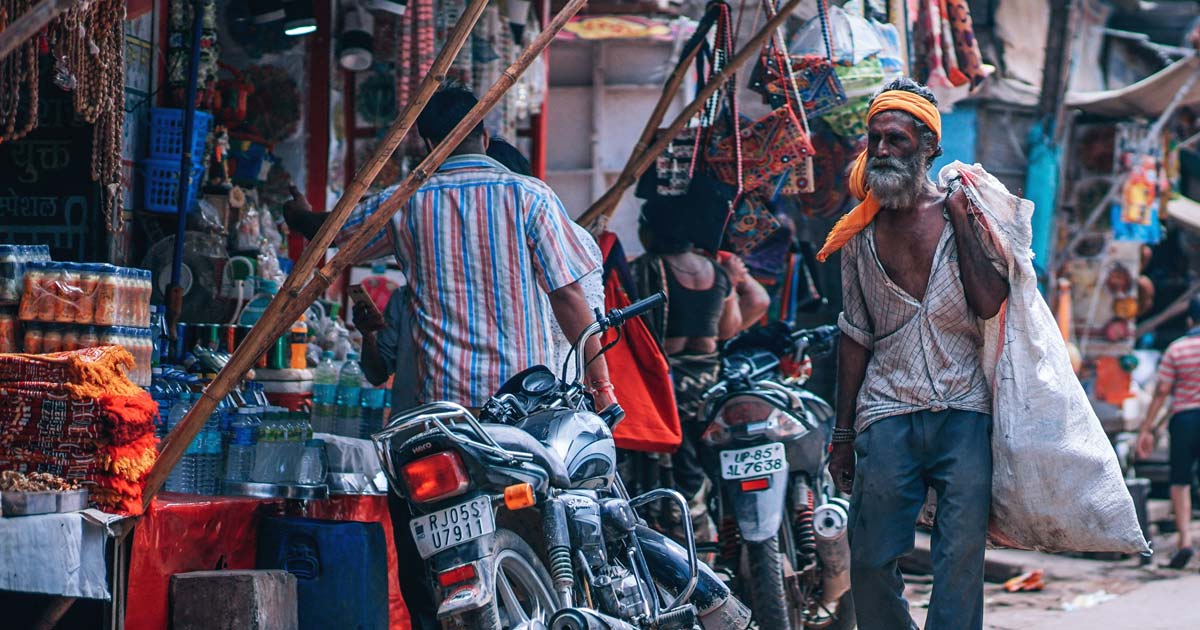
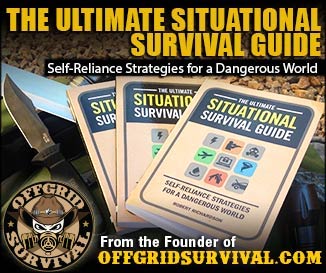
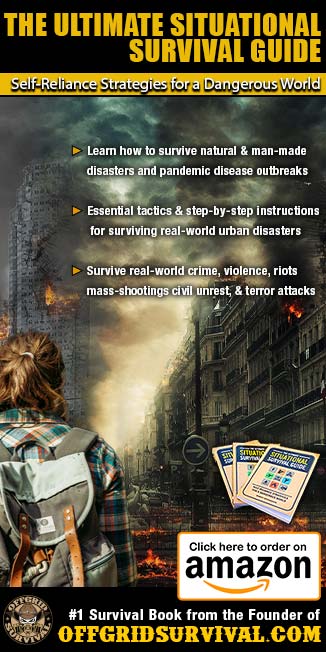

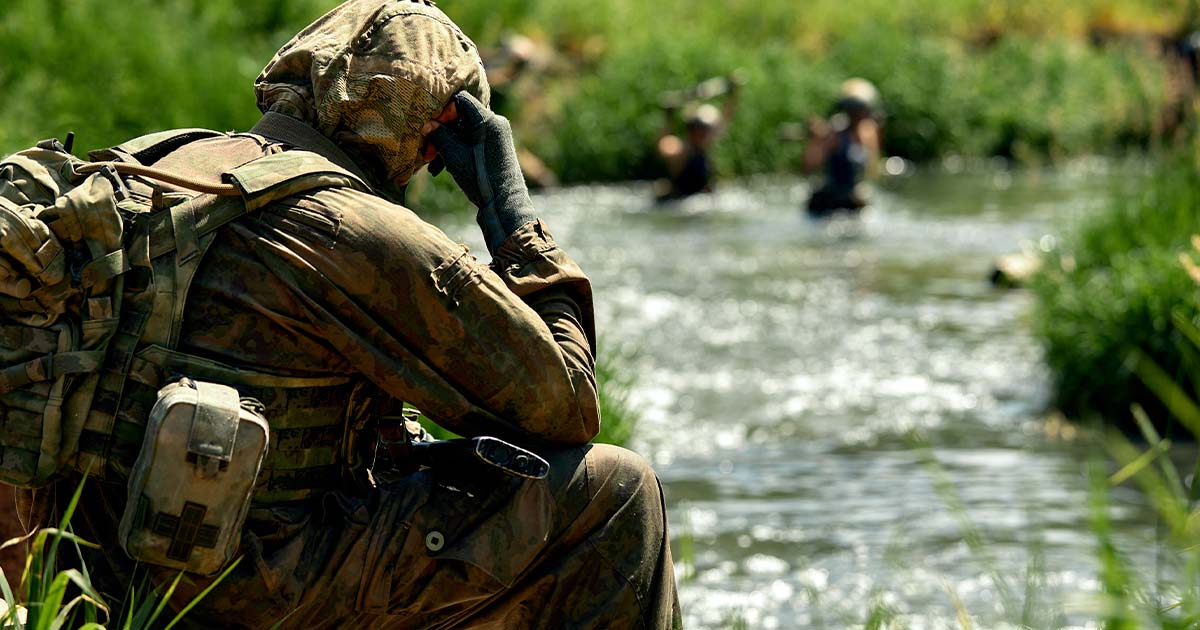
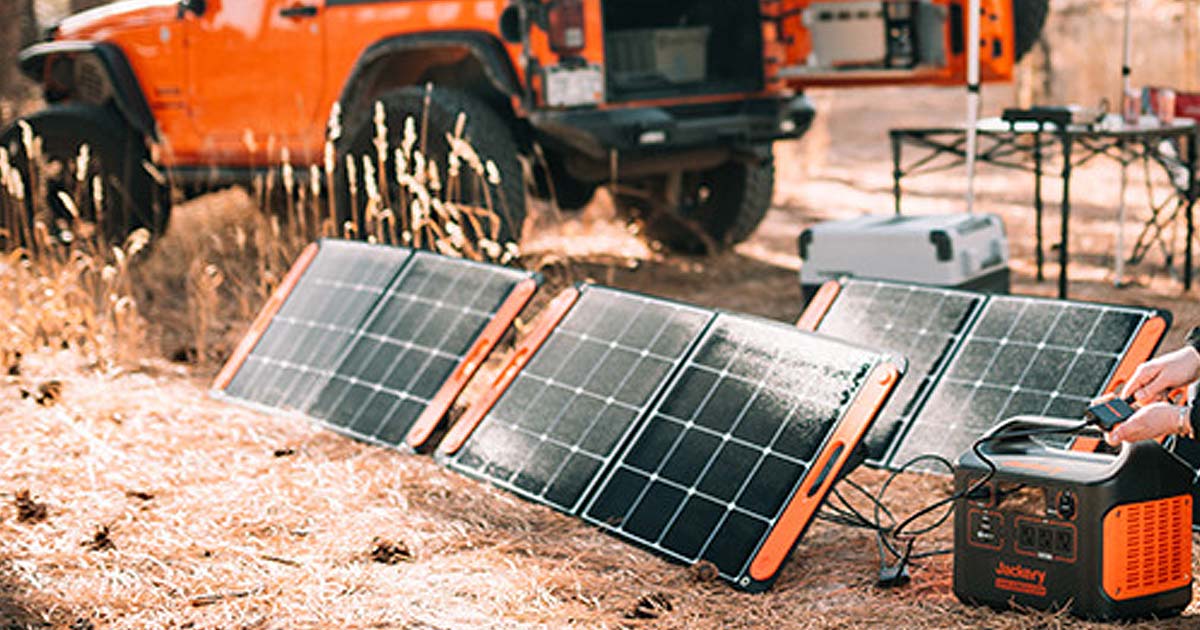
I would think that hand tools might pull in a “premium” price in a SHTF barter situation, even cheap crappy ones as long as they are functional. I would also say any type of “luxury” commodity such as cigarettes and coffee would also pull in top trade value.
I only wish I had the problem of being fully squared away and thinking of barter items! Anyway, I might also consider small items that can be bought in bulk such as bic lighters, gauze pads, small candles, batteries, salt, and maybe cigarettes.
Right now, Kmart has a sale on bulk “Dum-dum” pops, I bought a couple bags myself, each has 180 of them in there, so that can be good for trading. That reminds me, I need to get some more batteries. I also get sugar cubes for barter as well, seems more effective than normal sugar for bartering purposes. Also, this seems kind of random, but from my experiences working as a vet tech, using Karo corn syrup is useful for malnourished animals. So maybe it works the same way for people?
Good for you! You thought of something that few people do. SALT!!! NOT only would we miss the taste, our bodies NEED salt to function. Bravo! Your other ideas are good,too. I have been prepping since 1998. Not big time, just always keeping it in the back of my mind and squirrling things away. I have never stopped reading and thinking about what and how. My biggest drawback is that I’m 74 years old. Healthy, but just enough arthritis in my back to keep me from doing some of the heavy duty activities that I would like to do such as lifting a 25 lb bag of beans. But that is just something I need to overcome by working smarter and not harder. God Bless.
Any chance of a list of medications, with they shelf life?
The US Military recently tested out of date drugs and found out that after 12 years 99% tested at 95% still good, the drug companys don’t want you to know this as they want you to buy more…
Very good point. I believe the government removed that from the Internet so us dumb civilians wouldn’t know that about drugs. One drug to be very careful with is Doxycycline (spelling?). Once it passes it’s expiration date do not take it. It will destroy your kidneys. Doxy should be FROZEN in an airtight, sealed bag and once taken out of the freezer it should last about 6 months IIRC. Still, Doxy is probably one of the drugs you may not want to stock up on unless absolutely needed.
Hi, what is that for? Also Antibiotika medicine can be bought from pet shops and are the same thing. Check into it people. They are very important, iodine, sea salt which is cheap. The regular salt could have glass sand and salt mixed together because it is cheaper.
Most antibiotics have a shelf life of 10 more years than the date given. They are at the later time period just a bit weaker and only 10% so 90% is still very good. Keep all in dry and dark areas. The cooler the better but not freezing or mega hot. Room temperature is fine. The basement of dry is the best for many things.
One of my prep stategies is to include barter items and the way I purchase certain items. Although it is cheaper to buy a fifth of alcohol, I will occassionaly purchase in pint or 1/2 pint quantities. Anytime I go to a hotel, I always take the complimentary shampoo, mouthwash, lotion, etc. and put it in a storage container when I get home for later use. Additionally, I’ve purchased a couple of cartons of the cheapest cigarettes and just store them in the freezer. When I have leftover beans and rice, I put them in leftover soda or water bottles for use as barter as well.
Recycling plastic bottles is a great tip I’d never thought of! Thanks for that.
alcohol can be purchased in mini-bottles; with a minimal investment of as little as $5, a cig-rolling machine can turn a bag of tobacco and box of tubes into gold for the possessor; butane Bic” lighters are 3/$1 @ the local dollar store and matches even cheaper; coffee can be purchased “tea-bag” style in boxes and broken down into 2 or 3 bag groups; sugar/sweetener packets can be obtained for the same; 3-4 ft strips of duct tape wound around any non-tearing article, ie, popsicle stick; individual-dose packets of pain relievers, antacids, anti-diarrheals; i even have a few spare fish hooks and short lengths of line;
the possibilities are limited only by the imagination…
keep your powder dry – and close
Sorry but ammo and guns are not smart barter items.
They just may use them on you!
Never would this be smart to do if you are smart.
If I ever bartered a gun and ammo I would make it clear if I ever saw them come around with it they would be shot on site!!!
I am going to revisit the topic of drinkable water – too many preppers that I know and that I read are counting on useing the liquid bleach they have set back to chemically treat their water to make it safe to drink. I, too had this plan until I made a startling discovery last year. According to the Clorex bleach site, liguid bleach begins losing it’s effectiveness as soon as it is manufatured! By the time 8 to 12 months have passed, even a whole gallon will not be able to make your water safe to drink. The only viable alterniative is to secure some form of chlorine dioixde or calcium hypochlorite in powder or tablet (like for a swimming pool) form. CAUTION: These chemicals arre dangerous, not just thru ingestions, but in handling so do you research well! There are several recipes online on how to utilize and store them in a safe mannner, as well as what kinds to use and which one to avoid due to other active chemicals. 1 lb of the right kind can purify up to 10,000 gallon of questionsable water and would make a good bartering items for a minimum investment. Again – exercise extreme cautions in storing, handling and mixing these, and any other chemicals. Good luck!
“The only viable alternative is to secure some form of chlorine dioxide or calcium hypochlorite in powder or tablet (like for a swimming pool) form.” Would you like to specify which ones you have seen to be the best option? I am new to this but I knew that bleach lost it’s usefulness just not sure what else to use.
Have you guys never heard of water distilling???? Look into that.
To purify water without electricity the simplest method is to use the solar rays. A bottle of water in the sun for several hours will have bacteria and viruses killed. You can also make a small solar oven for that purposes. The only thing you will need is aluminum foil and cardboard and some glue to attach the foil to the cardboard. There are dozens of examples in the internet.
Another thing you can use is potassium iodine that you can get in the internet. If you use bleach or similar you can also use peroxide to get rid of the bleach odor after the water is purified. If you go to the redox formula you will find a drop of peroxide per drop of bleach will do the trick. Again it is to gt rid of the odor left by the bleach
Also buy kool-aid because water will have a bad tatse and not what we are use to drinking
As for barter items, consider what the dollar store and other stores have for a dollar: antidiarrhea meds, pain relievers, cold meds ( decongestants, mucus thinners, cough drops,etc) vitamins, cheap lighters, matches, cough syrup, canned foods (hash, spagetti, chili),energy bars, soy milk,tea, coffee (packets), sugar, vinegar, spices, rubbing alcohol, coffee filters, work gloves, cheap LED flashlights, batteries. As far as water purification, some of the survival stores sell the backpacker survival straw for about 9.95. and some of the 5 gal containers with a built in filter. Something else, alot of people miss …condoms, usually available for free at most health depts. Birth control will be very important in a meltdown situation. They have other uses as well. In short, think like a trader of the early 1800’s: items cheap, yet necessary for cooking, health, and chores.
The Dollar Stores have a very nice 8″ high candle that is supposed to burn for 80 hours. Get some!
For me I’m only going to barter with people at the beginning while all the unprepared people are still “around”. So once they are all gone I am only going to trade when I need something not because I just want another gun to put in my closet.
Why aren’t precious metals mentioned here? Silver coins (pre 1965 or current silver proof sets) would be great for bartering since they are small, light and relatively cheap. How about copper pennies (ie before they took the copper out of them in the ’80s)? You would care about the face value but some one might need the metal. Stamped silver or gold rings or earrings would also be good bartering items. Again, small and light and it has enough value to purchase a more expensive item like a gun.
I hear this mentioned alot and in certain situations it may be a good idea. But my opinion (not worth much) is that in a true collapse situation they will be usefulness (in a literal since). As society rebuilds, and it always does, they will regain their value. If you are starving, thirsty, alone, need medical attention, and your stranded somewhere, those shiny coins in your pocket can’t save you. Many people will not want to carry them around much less take them on trade for something that can keep them alive.
Hard Money ALWAYS has a role in the exchange of goods. For instance, your neighbor has green beans. You want to swap some eggs for some green beans, but he has chickens also. No deal. But a small piece of silver does the trick.
i have been buying (a little at a time)1 oz silver bars..easy to trade/barter for items or even bulk items… as to copper pennies..anything pre 60’s should be good to use..good copper content instead of zinc like the new ones are.
Pennies are copper before 82. Some of the 82’s are also copper but you would have to have a scale to measure which ones are which.
No scale is needed. Just drop them onto a hard surface. If it rings, it’s copper. If it doesn’t have that ringing sound, it’s zinc
when it comes to acl. you can make your own i know how to make it and wines some thing any one can make back in the old days our founding fathers used to drink acl becouse of the ? they had about the water. and you can make it out of just about any thing , and theres a lot of books that you can use to get ideas from. it could be a good sorce of income if needed and it lasts for years. you can make i think 500 gallions per adult in your house so its worth looking into
the c.d.c. recomends 8 drops of bleach to 1 gallon water. 16 if water is cloudy,let solution stand 5 mins. i work with fema.
Bleach immediately beings breaking down after manufacturing. Bleach has an 8 month shelf life after two months a whole bottle is not effective enough to purify a gallon of water misinformation leads to cholera and death. Look up proper survival plans and look up myths. This is why I don’t trust fema.
But which is the myth? Plz list a website that shows me the rate of breakdown of bleach. I don’t trust you any more than I trust FEMA.
LOL You’ve got that right! Good call!
If you work with FEMA then you know the recommended time to allow bleach treated water is a MINIMUM of 1/2 an hour, much longer (1 – 2 hours) if you have added a double dose.
Medicine droppers will be valuable to count the drops of bleach and/ or other solution used for water purification. I never see them on any list, anywhere. Check recycling bins of families for infant medications and take the dropper out. Free barter items.(or ask family with children to save them for you. I blame needing to medicate the chickens when I ask my family members. LOL)
Guys, as far as water purification goes, bleach doesn’t really work well. Iodine works, but not completely, either. We used Sterasyl ceramic filters for about 20 years overseas in ‘the boonies’, and they worked very well for our family. They are made for run-off water, for pond water, for river water, for rain water… not so much for water that’s polluted with organic pollutants or radiation or things like that.
I’ve developed a US-version of what we used to filter our water, and it’s shown at facebook.com/WaterForMyKids – I’ve got a large size unit (the ‘Base Camp’ unit) available right now for $125, and am working on several smaller sizes as well. The Base Camp unit has 2 filters inside, and is good for about 1500 gallons of pure water. The filters should last you up to a year, depending on how much crud you pour into the top bucket, and extras only cost about $30 each. Not too expensive, and certainly very simple. Only one moving part – the spigot – and the rest is just gravity fed. No electricity, no need for running water… simple, cheap, and they work. We used them for 20 years – they work.
Water may well become a thing to barter, as well – if we can produce pure, drinkable water for our families and then some extra to sell/trade, I think these units would pay for themselves in a short time!
I am storing condoms. We don’t need them anymore…. but perhaps my married children will want them or great for barter. Just a thought!
Condoms can hold roughly a liter of water before breaking. Just want to make sure you have a non lubricated condom if you are drinking it.
Sawyer water filtration systems are great but pricey , does any body have another idea that’s just as good but cost a little less ?
TOILET TISSUE!!!!!!!!!!!!!!
I suggest that folks should educate themselves on greenhouse gardening and hydroponic gardening.I also suggest th take up winemaking as a hobby.It is a fun hobby and a great bartering tool as well
I really don’t think using pool chemicals is very safe. I would go and buy purification tablets or water straws. They have water straws that are good for up to 1,000 gallons for each straw, that is a lot of water. That is my opinion. I never ever would use chemicals that I would use in my pool, never !!!!! The internet has many ideas for water filtration, such as Biosand water filtration…very interesting. Just do your homework. Believe me in the past month I have learned A LOT !!! and I thank everyone who has posted “how to’s” on Youtube and websites. They have really educated me on just about everything. Just doing the best I can so I can survive SHTF situation.
Bleach is bleach. What do you think municipal water treatment plants use? Just make sure that the “pool chemicals” do not have any other additives. The powdered and cake formalist indefinitely if sealed, unlike the liquid “toilet chemicals” stuff you use to clean your toilets and would rather use. Otherwise, same chemical, same result.
hydrogen peroxide for cleaning wounds that potentially could kill you if antibiotics are inaccessible. Old backpacks, most people have these but carrying lots of weight could ruin one easily. maps related to where you live. people recently have been relying on gps on their phones and if your phone isn’t charged and you have somewhere to go you could be SOL. Specifically honey. it can be used as an antiseptic also it is edible obviously. long shelf life (found in Egyptian tombs for the most part still good). lastly wet wipes, while in Afghanistan, if you had wet wipes you could feel more clean than most since showering wasn’t available.